Grofacts
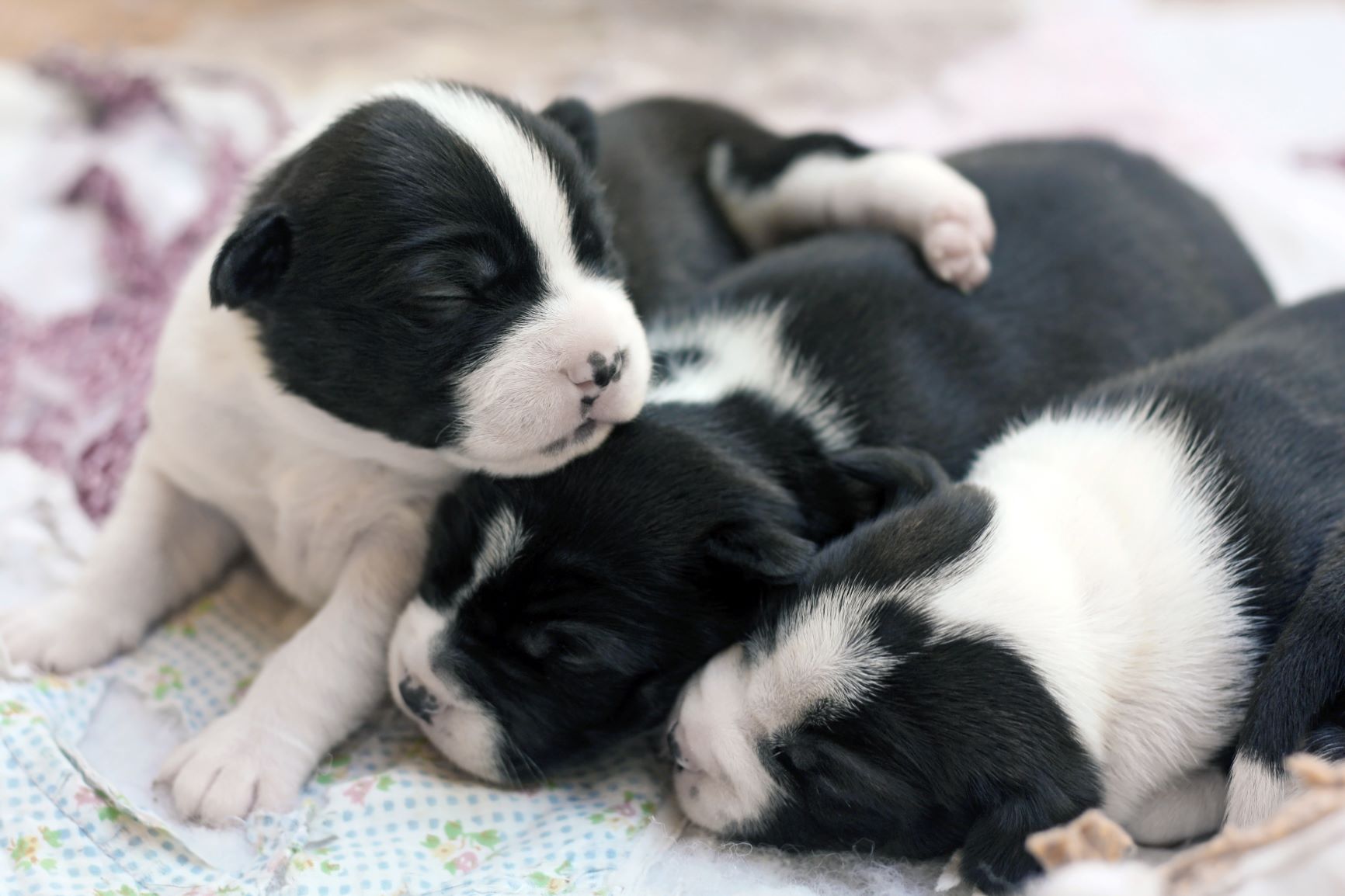
When to introduce solid foods [Kitten]
After 4-weeks milk replacement alone no longer provides adequate nutritional support for proper puppy and kitten growth and development. Around 3-4 weeks of age semisolid food such as a thick gruel can be introduced by mixing a small amount of warm water or milk replacement with the mother’s food. This will entice them to start […]
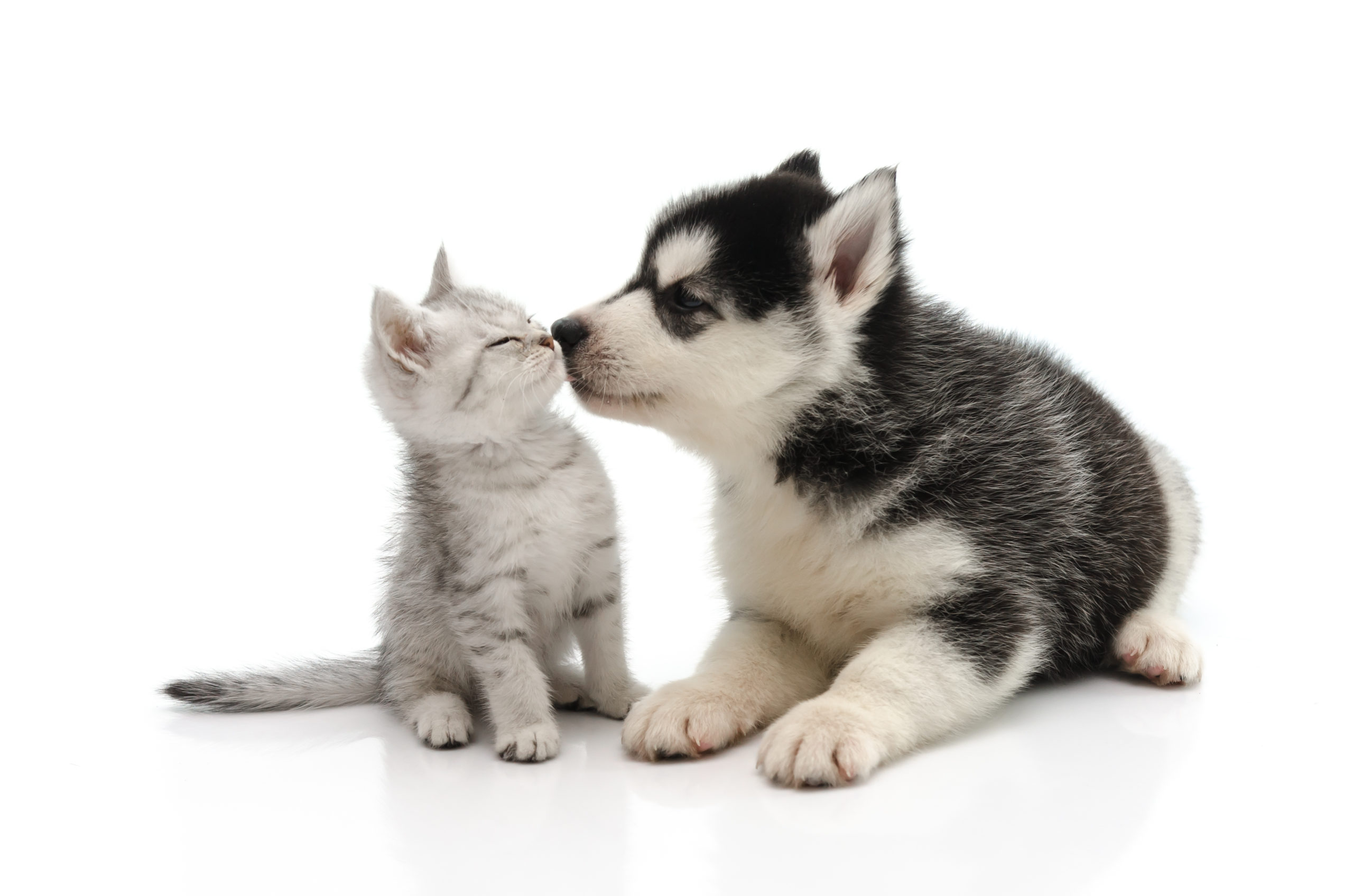
Tracking growth [Kitten]
If possible, puppies and kittens should be weighed twice daily for the first 4 weeks of life to monitor proper weight gain. Weight loss or failure to gain weight is one of the first indications of health problems. Healthy puppies and kittens should gain 5-10% birth weight per day for the first 3-4 weeks of […]

Milk replacer for pregnant dogs [Puppy]
During pregnancy, energy requirements can increase by 30-60%. In addition to increasing their regular meal portion, another great way to supplement your pregnant dogs diet is by sprinkling dry PuppyGro milk powder on to their kibble to give them that extra boost! We recommend 2 teaspoons milk powder per 10lbs body weight.
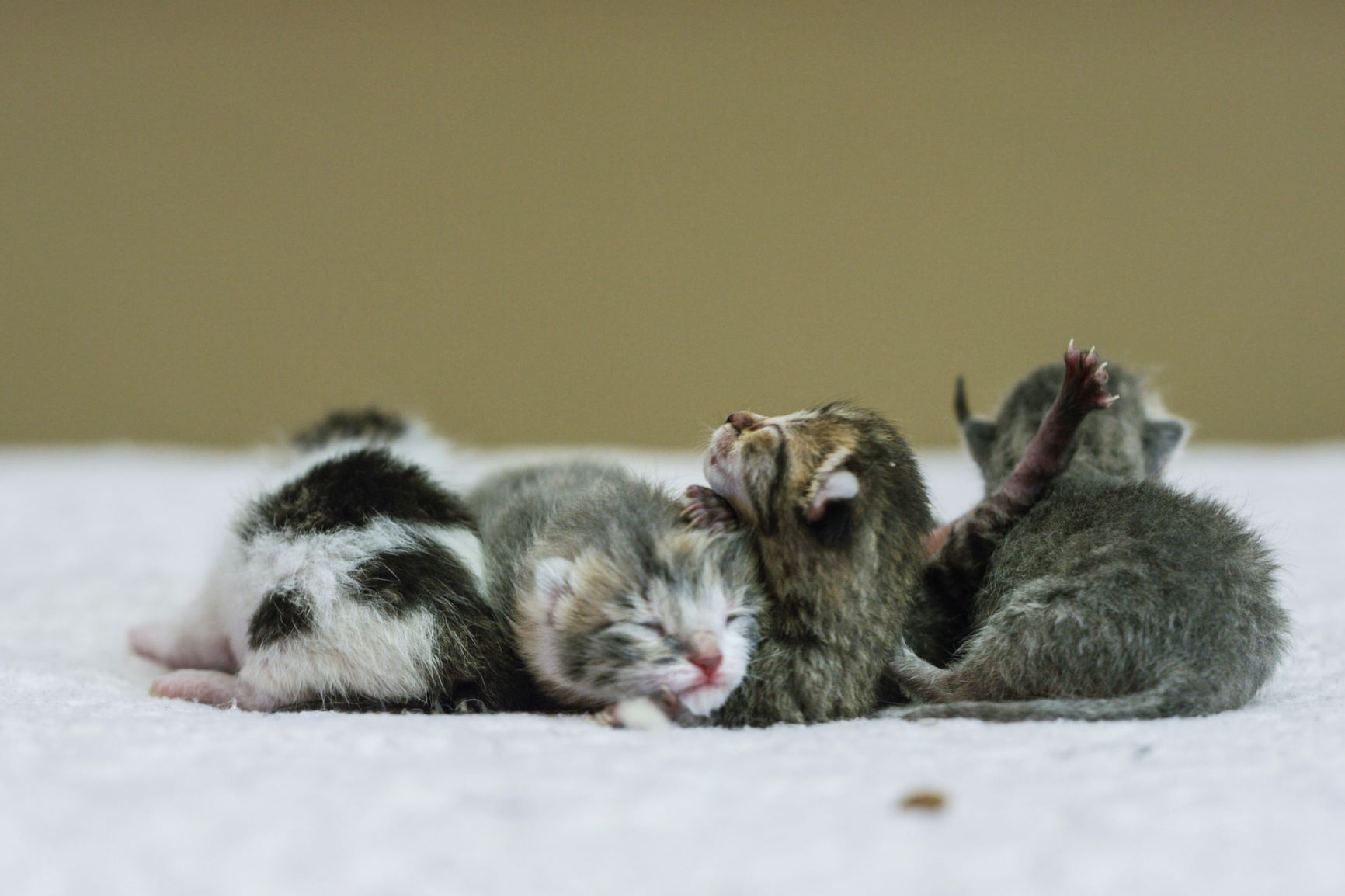
How to re-heat milk replacer [Kitten]
Cooled formula should be re-heated prior to feeding by a warm water bath. Immerse bottle containing cooled formula in warm water until the milk reaches body temperature (38°C – 40°C). Do NOT microwave! Microwaving heats the formula unevenly, resulting in hot pockets that can scold the mouth and esophagus. Microwaving can also burn formula, creating […]
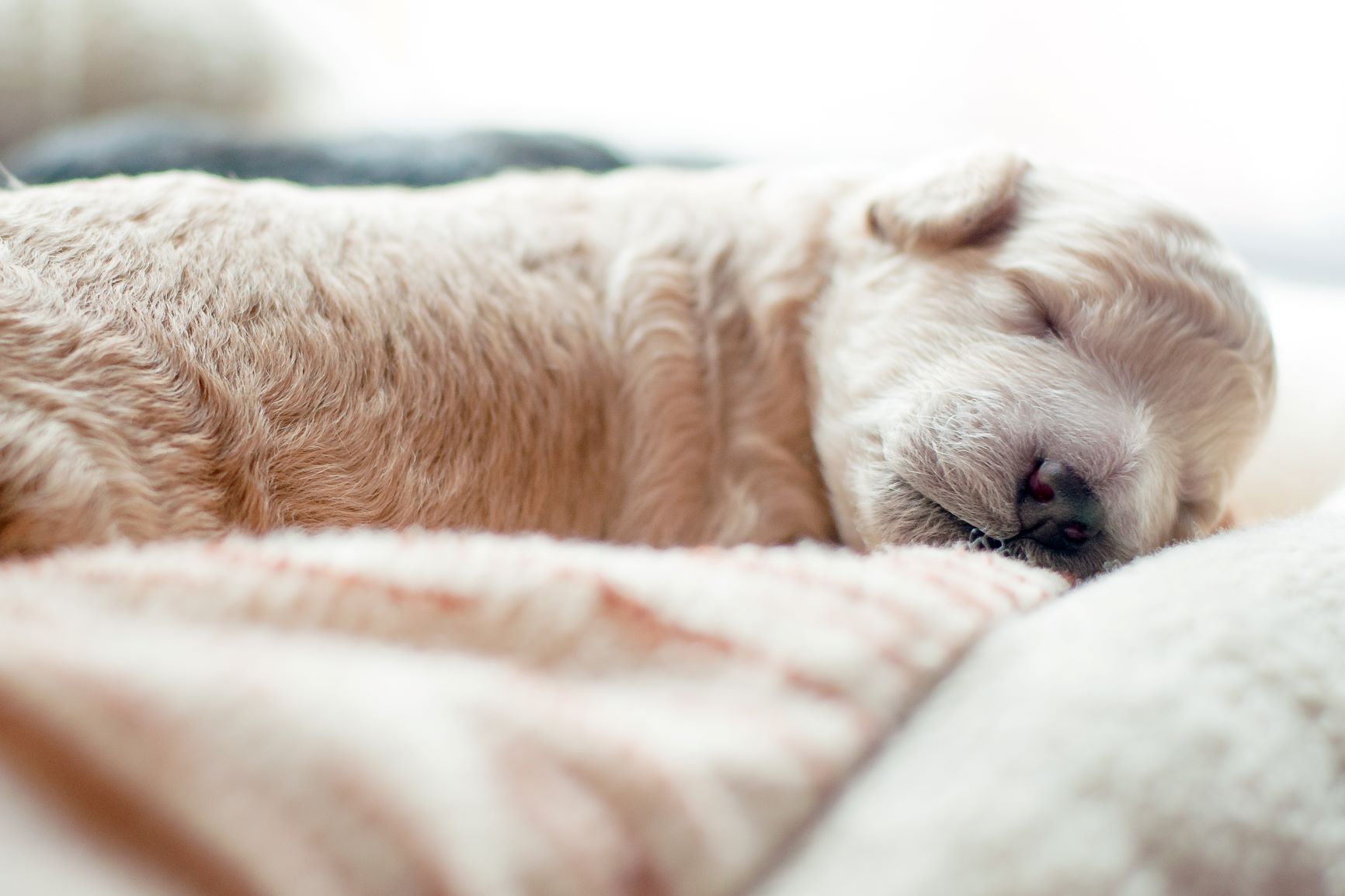
The importance of feeding warm milk replacer [Kitten]
Formula should always be warmed to body temperature (38°C) prior to feeding. If you do not have access to a thermometer, check the temperature by testing a small drop on the back of your hand, which should be slightly warmer than the skin. Cold formula can induce vomiting/regurgitation, hypothermia, and slow gastrointestinal motility.
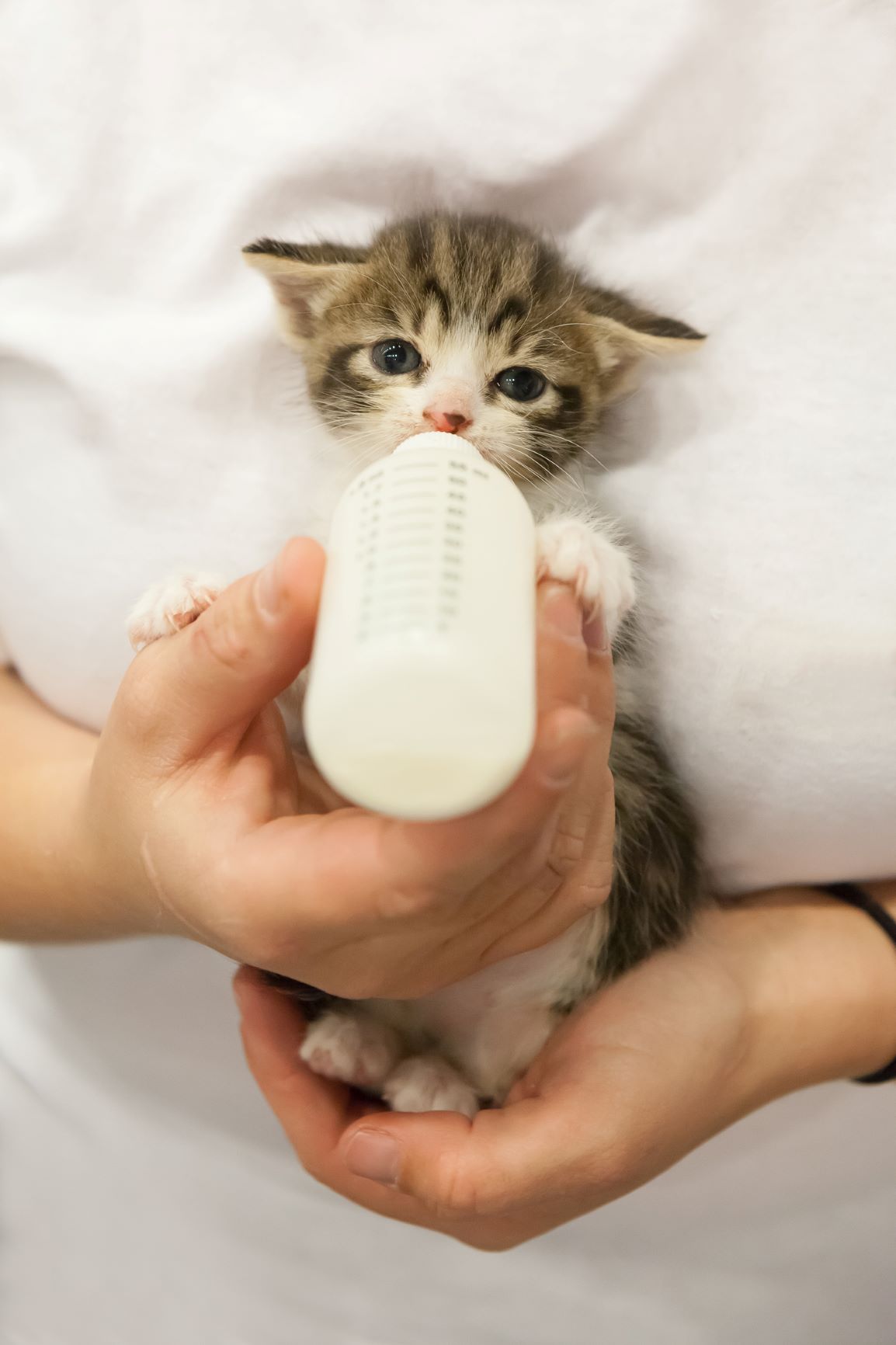
How to store milk replacer [Kitten]
The mixed formula can be stored in the refrigerator for up to 24 hours in a clean, sealed container. Unused portions should be discarded after 24 hours to prevent bacteria growth. Dry powder should be stored out of direct sunlight in a cool dry location at, or below, 25°C. Proper storage will help prevent fat […]
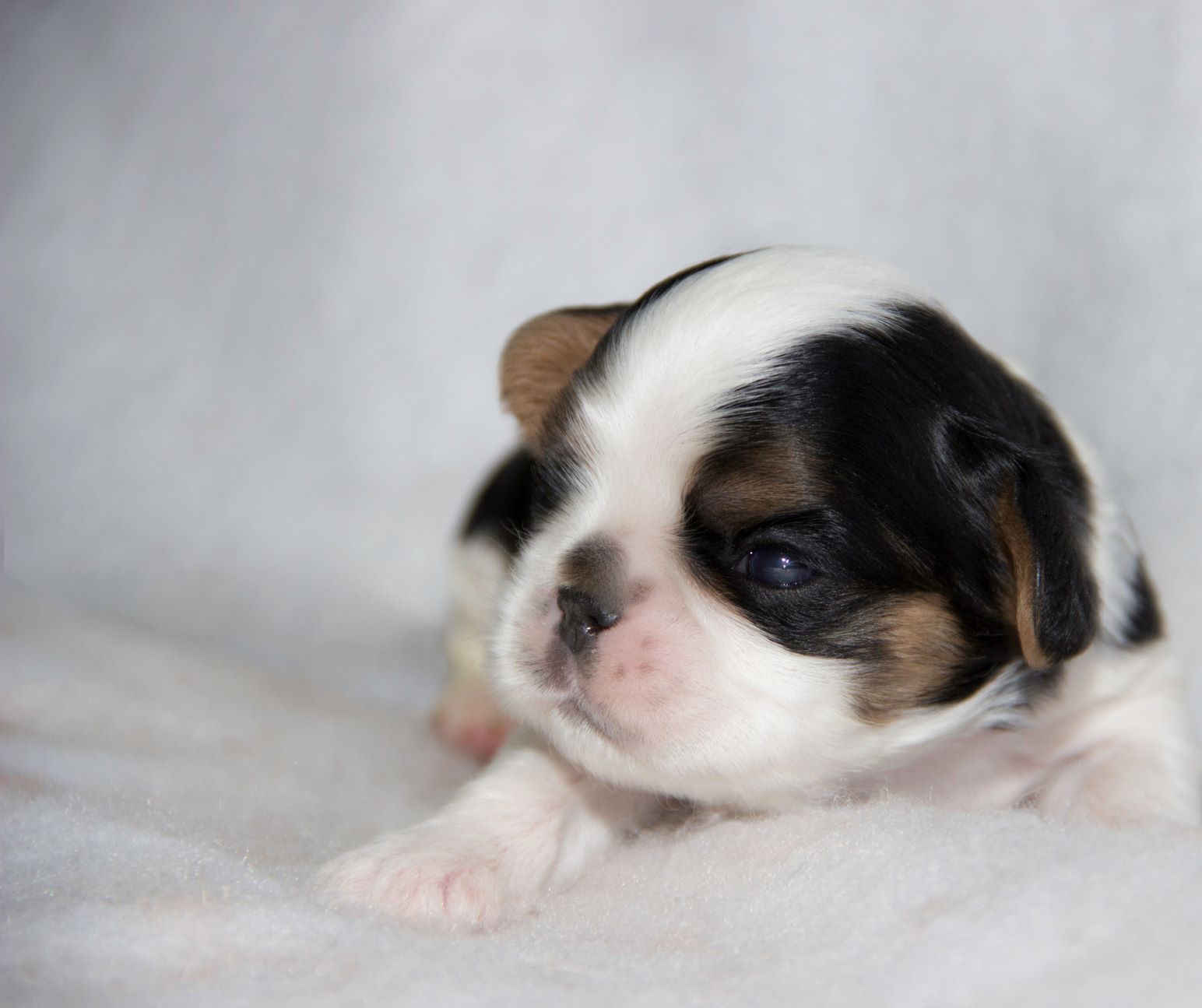
Elimination & stimulation – they need your help! [Kitten]
Newborn puppies and kittens need to be stimulated after feeding in order to urinate and defecate for the first few weeks of life. Stimulation is usually done by the mother, however, if you are raising an orphan a moist cotton ball or wash cloth can be used to gently massaging the area after feeding. Defecation […]
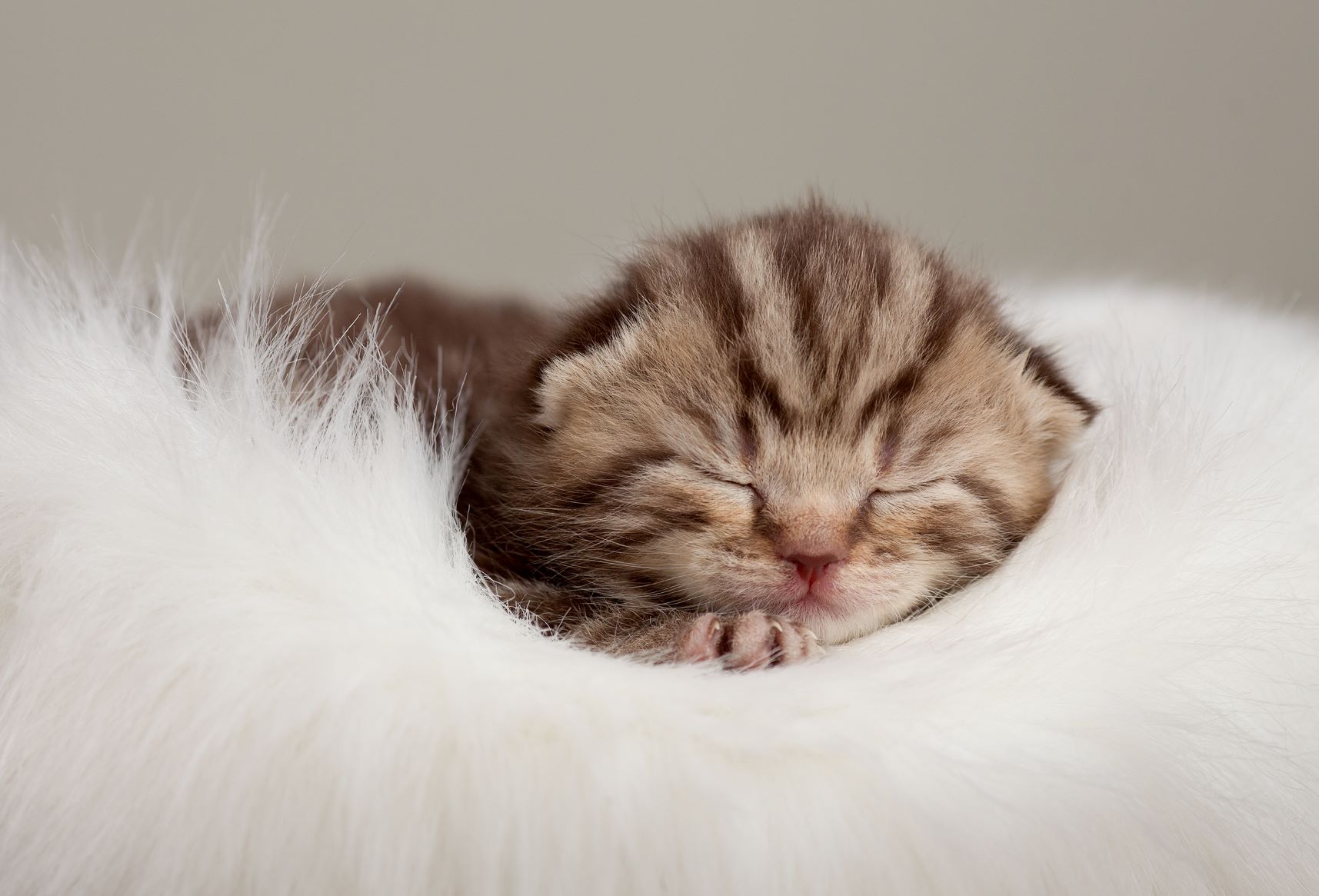
Do not over feed! Know their stomach capacity [Kitten]
Avoid overfeeding at each meal! Puppies/kittens will tell you when they are full by rejecting the bottle. Due to their small stomach capacity rapid feeding, force feeding, and overfeeding can all lead to aspiration, regurgitation, diarrhea, and bloating.

Feeding frequency [Kitten]
Nursing allows for suckling small amounts of milk throughout the day, however, this is not possible when puppies/kittens are hand raised. Due to their small stomach capacities, newborns cannot handle large volumes of milk per feeding, therefore, require multiple meals per day especially within the first two weeks of life. In general:
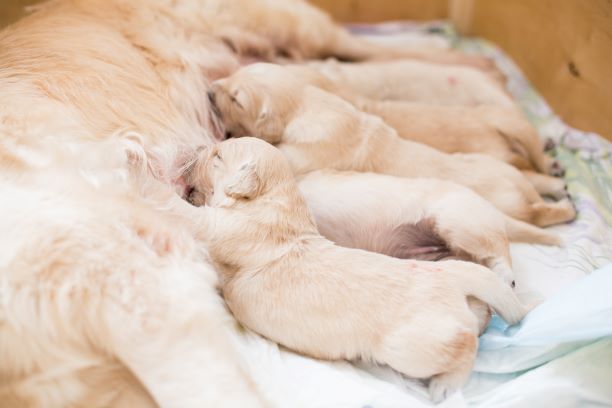
Why feed milk replacer vs. other animal’s milk? [Kitten]
Compared to mother’s milk, cow’s milk is low in protein, fat and calories required for proper puppy and kitten growth. It also contains high levels of lactose, which may cause severe diarrhea and discomfort in newborns. Our milk replacers are specifically formulated for each species to closely mimic mothers milk. They are nutritionally balanced and […]